
The Ideology of Fossil Fuels
Imagining a low-carbon world means revisiting our conception of freedom itself.


Imagining a low-carbon world means revisiting our conception of freedom itself.

Progressive critics of secularism argue that the Protestant origins of religious liberty make it corrupt beyond saving. But to achieve real pluralism, should the left abandon the concept altogether?

Doomsday prepping has long been associated with the right. Why is it catching on among liberals?

Profiteering is distorting the response to the opioid epidemic as much as it shaped its origin.

The genius of Donald Glover’s Atlanta is to show the surreality of black life in America.
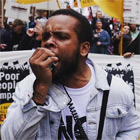
Rev. Liz Theoharis, co-chair of the Poor People’s campaign, joins us to talk about why people are marching across the country against poverty and for economic justice.

As the old neighborhood gentrifies, its transatlantic spirit lives on as the influence of black culture grows—from Lagos to London, from Havana to Atlanta.
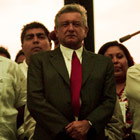
Andrés Manuel López Obrador no es el demagogo que imaginan sus adversarios. Si se convierte en el próximo presidente de México, la pregunta más relevante es: ¿podrá llevar a cabo los cambios que el país requiere?
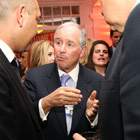
When undergrads challenged a rich donor close to Donald Trump, his biggest defenders were their own university’s leaders.
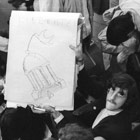
What can account for the worldwide impulse to rebel? Fifty years after 1968, a personal reflection on the Columbia University uprising.

In his survey of the writing of dictators, Daniel Kalder is so dismissive of the tyrants’ actual ideas that it becomes difficult to understand why they had any power in the first place.
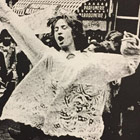
The revolutionary fervor of May ’68 didn’t end with a general strike. It fueled radical demands for years to come, and brought new causes into the mainstream—not least of them LGBT rights.

Now we know the issue that unites women across workplaces is abuse by more powerful men, how do we come up with demands that move beyond naming and shaming?
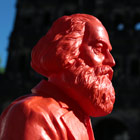
In our fully globalized world, Marx’s ideas still conform to a deeply felt sense about what capital does to our labor.
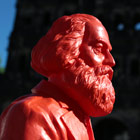
Marx’s social-democratic critics recognized a fundamental point that the great economist missed: that a better world was not inevitable, but achievable, and that their job was to bring that world into being through politics.